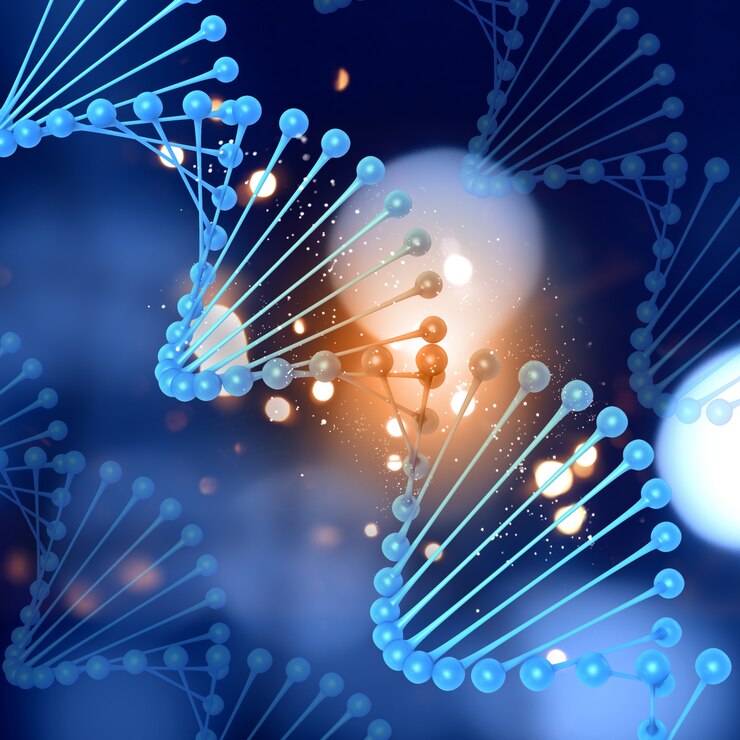
What are Exosomes
Exosomes are nano-sized vesicles released by stem cells that carry proteins, lipids, and genetic material critical for intercellular communication. Exosome therapy harnesses these potent signaling molecules without introducing whole cells, thereby reducing the risk of immune reactions while still delivering robust regenerative cues. We source exosomes from ethically screened donor stem cell cultures, isolate them through advanced filtration methods, and administer them via targeted injection to the affected area. Clinical applications include painful joint conditions, soft tissue injuries, and chronic inflammatory processes. Patients often report faster pain relief and functional gains compared to cell-based approaches, with minimal injection-site discomfort and no need for general anesthesia.
How Do They Work?
Exosomes are nano-scale vesicles secreted by stem cells that carry a rich payload of bioactive molecules—including peptides, growth factors, vitamins, minerals, proteins such as peroxiredoxins, and various regulatory RNAs—that, upon fusion with or endocytosis into recipient cells, stimulate collagen and elastin synthesis essential for rebuilding skin, cartilage, discs, joints, and other tissues while also delivering signals that restore the extracellular matrix . Beyond matrix repair, exosomes exert potent anti-inflammatory and antioxidant effects—dampening both acute and chronic inflammation and reducing oxidative stress to improve cellular function and longevity—and fine-tune immune responses to suppress autoimmunity and enhance regenerative healing . They further optimize tissue remodeling by improving collagen fiber organization and reducing fibrosis, and they promote angiogenesis to increase blood supply to injured areas, collectively enabling exosomes to slow, halt, or even reverse tissue degeneration and support robust, long-lasting repair .


